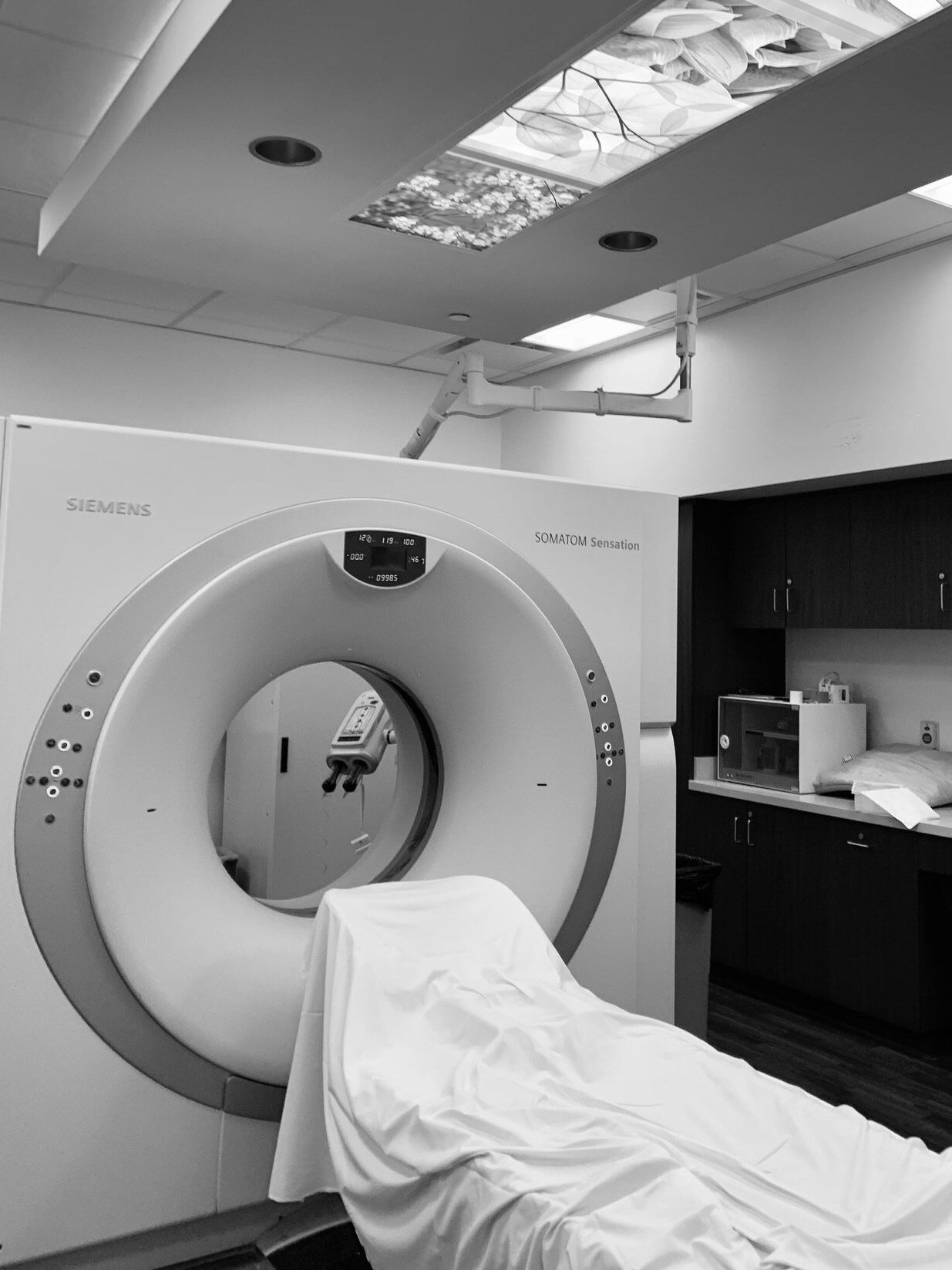Two years ago, I was diagnosed with Hodgkin’s Lymphoma just 4 weeks before Christmas. The holidays are one of my favorite times of the year, yet it was hard to be merry and bright when my diagnosis loomed overhead like a black cloud, dampening the joy of the season. My fear of getting cancer had been realized. Now it seemed all bets were off. The fear of the unknown and my impending treatment was overwhelming. I went from planning holiday get-togethers to silently planning my funeral.
I tried to put on a brave face for my family. Yet my shoulders were growing heavy with a new burden. How do I tell my children how sick I am without frightening them? When is the right time to tell family and friends?
The truth is, there is no right time to be told you have cancer but getting diagnosed during the holidays can be especially difficult. But I’ve also found active treatment is only one part of the battle. Remission brings its own unique challenges. I wanted to share 10 truths about battling cancer to help family and friends understand and better support cancer patients and survivors this holiday season.
10 Things I Wish Family and Friends Understood About Battling Cancer:
1. Don’t be afraid to talk to me about my diagnosis, treatment or how I’m feeling. It can be awkward trying to find the right words to say or talk about when your friend or loved one is battling cancer. Many people start to distance themselves out of fear of saying or doing the wrong thing—often without realizing it. Cancer can be a lonely journey at times. Please keep trying to connect. Don’t be afraid. Deep down, I know you mean well and I’m just glad you are trying to relate.
2. I may put on a brave face, but deep down I’m still terrified. This journey is filled with so much uncertainty. There are many unknowns. I work hard to ignore the feeling of constant dread. Battling cancer has taught me that sometimes the fear doesn’t leave. You must do it afraid. Outwardly, I try to remain strong, steadfast and optimistic while internally it often feels like I’m drowning in a sea of ambiguity— with no clear answers and no end in sight.
3. Sometimes there is no right answer or words to say. At times I often struggle to put my feelings into words and I’m sure you do too. Please know, when I’m having a difficult time, all I need you to do is listen to my fears and concerns. When you’re at a loss for words, a simple hug or hand-holding can mean all the difference.
4. I may not be able to come due to my health or financial reasons. Please invite me anyway. Going through cancer can be incredibly lonely. From putting off school to starting a family, so much of our lives get put on hold when we get diagnosed. Family and friends can distance themselves intentionally or without even realizing it. Please continue to reach out, even if there is a good chance we will decline the invitation. Having an event or special occasion to look forward to can be a welcome distraction, giving us something other than cancer to focus on. It also helps us feel more “normal” when everything in our life feels far from it.
5. Chemo brain is extremely frustrating and debilitating. Please be patient with me. Cancer treatment affects our bodies in multiple ways. Thinking and memory problems are common during and even long after treatment has ended. Many cancer patients struggle with short-term memory loss, finding it difficult to concentrate, multi-task often struggling to find the right words. Sometimes these cognitive changes can be short-lived; for others, they can be permanent.
6. Remission can in many ways be harder than active treatment. My treatment may have ended but I’m now facing a new battle. I often find myself walking a thin line between acceptance and vigilance, gratitude and cynicism— struggling to find my new normal amid the constant fear of relapse. It’s the flip-side of cancer treatment that not many talk about. It’s a constant push and pull to move on while feeling like a shell of your old self. I wish I could rewind the time and be able to go back to being carefree and blindly optimistic about everything my future holds. The unfortunate reality is my health makes long-term plans difficult. I still have four more years of close monitoring until I’m hopefully declared “cured.” This means regular checkups every three months and scans every 6 months.
7. Cancer PTSD is real. Treatment is just as hard on our minds as it is on our bodies. First comes the shock of the diagnosis, then the physical effects of treatment and anxiety about what the future holds. Long after treatment is over, and even if you’re in remission, the psychological scars can remain. A study published in the journal Cancer found that PTSD affects one in five patients within six months of diagnosis. Sometimes it is only after treatment has ended that the severity of what we endured comes to light. Regular checkups and routine monitoring continue years after treatment stops causing many survivors to struggle with a constant fear of recurrence. Over time these feelings may fade but it’s important to seek help. Therapy can help you cope and learn to manage your symptoms.
8. Cancer has changed me so much physically and emotionally, I hardly recognize myself anymore. The truth is I lost more than my hair; I lost my sense of self, my identity and parts of my womanhood during my cancer treatment. I apologize for being moody, difficult and distant at times. The mixture of survivor’s guilt and low self-esteem now makes small talk awkward, and I often take things way too seriously or personally. Cancer has changed me for better and for worse. But I now understand how precious my time is. I don’t want to waste it being inauthentic. I long for real connection and incredible experiences that ignite my soul. Cancer has given me the courage and urgency to act and stop putting off what I really want.
9. I may be free of my disease, it still haunts me and affects me every day. We rejoice when treatment ends, but we often don’t realize the long-term effects cancer treatment has on our bodies. Chronic pain, neuropathy, fainting/dizziness, cold/heat intolerance, and heart problems are just a few of the side-effects I’m still struggling with over a year after my last treatment.
10. Although I don’t always say it, I’m so glad you are in my life and I don’t have to go through this alone. I’ll never forget the outpouring of support my family and I received when we told everyone the news. From babysitting to weekly meals, the constant prayers and care we received meant the world to me. Just knowing that I didn’t have to fight alone and my family was taken care of let me concentrate on getting better. I may be out of active treatment, but the truth is I can use your support and understanding now more than ever. The enormity of everything strikes you once treatment is over. I’ve found healing takes time and it follows no set schedule. It’s messy, frustrating and often unpredictable. Thank you for walking this journey with me. I’m so grateful to have you in my life.
Source:
Cancer's Other Side Effect: What You Should Know About PTSD – Roswell Park Cancer Talk





